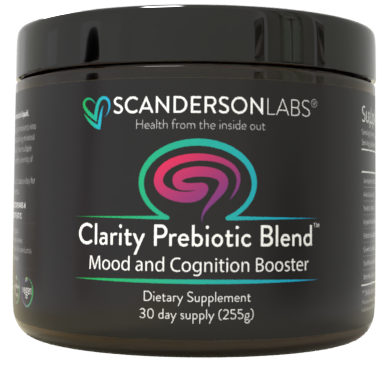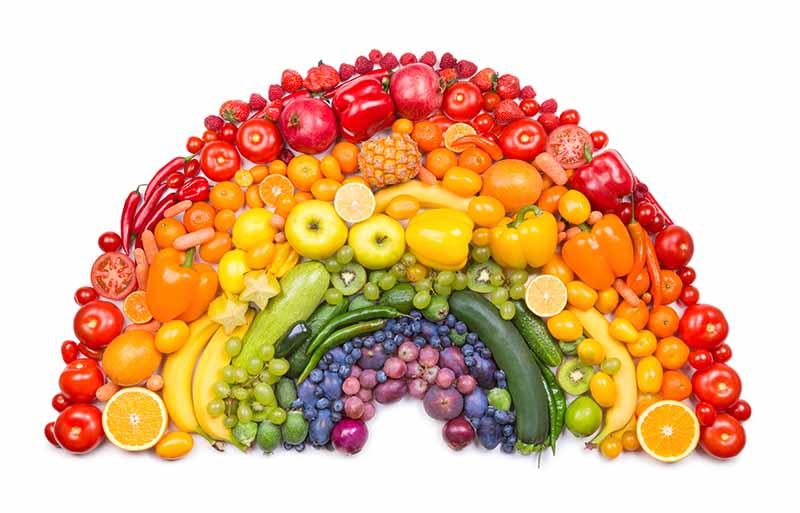Your Immune System Is Aging. Here’s How to Rejuvenate It.
Aging brings some rewards. Our acne clears up and we have a small chance of becoming wise. But most of the effects of aging are not so great. Wrinkles, stiff joints and forgetfulness are just a few of the things we have to look forward to. But the worst insult may be the aging of our immune system.
It starts to behave badly as the years go by, with the built-in innate immune system ramping up inappropriately and your adaptive immune system declining in vigor. The thymus gland, located in the chest and the source of T-cells, shrinks to a fraction of its younger glory. The flow of fresh T-cells that have been pumped out for a lifetime is suddenly stifled around age 65. It’s almost as if the body has decided that it has learned enough about life’s novel pathogens.
That’s wrong for two reasons: one is that there are always plenty of new pathogens, including the latest killer coronavirus variants. The second reason is that old immune cells can forget. That is why, years after recovery from chicken pox, you can get shingles caused by the same virus. There’s a name for this: immunesenescence.
Like most of your cells, your immune cells also get old and they may fail to respond properly to both old and new pathogens. Perhaps worse yet, old degenerate immune receptors can get triggered by benign microbes and even self-molecules, leading to autoimmune diseases. Without a proper response to infection, the body can tip into a constant state of inflammation, especially with an improperly amped up innate system. There’s a name for this, too: inflammaging.
Side effects may include depression
Although aging itself may not contribute to mood problems like depression and anxiety, inflammation can. The connection between inflammation and the brain is well established, and is likely related to the increasingly fragile blood-brain barrier due to pathogens and the consequent counterattack by the immune system. Depression and anxiety can also alter the composition of gut microbes, creating a vicious cycle that can be hard to exit.
Along with the loss of fresh immune cells, there is an accumulation of senescent cells – those that have lost their utility but still hang around. The upshot is a gradual degradation of immunity, with a major loss of resistance to disease.
Inflammation by stealth
This all happens quietly, under the radar. It doesn’t take a major illness or even a cold to trigger inflammaging. Some of these changes make sense. For instance, we have less and less of immune-suppressing bifidobacteria as we age. Milk consumption requires bacteria like bifidobacteria to break down the complex milk sugars, which are otherwise indigestible. Mother’s milk actually contains beneficial bifidobacteria, along with the milk sugars, to kick start the gut microbiota. But after weaning, there is less need for bifidobacteria, and so as you get older, you have fewer and fewer of these immune-calming microbes.
But other old microbial friends are lost because our diets are sometimes laughably bad. The best microbiota is a diverse microbiota, and as different bacterial species die out, that diversity diminishes. That can allow bully microbes to dominate which may cause grave problems. An unbalanced microbiota is called dysbiotic, and it can lead to a so-called “leaky gut”.
The gut is a delicate, permeable membrane that needs to allow nutrients to pass through while keeping bacteria out. If it gets overly permeable, or leaky, it can allow bacteria to enter the bloodstream, stimulating an immune response. If it stays leaky, it can lead to chronic inflammation, the basis of dozens of diseases, from heart disease and diabetes to dementia. Your resilience to disease becomes compromised. In essence, inflammaging accelerates aging by boosting diseases of the elderly.
Self-owns
Another factor chipping away at microbial diversity is antibiotics. Each time you take oral antibiotics, you kill billions of healthy gut microbes along with the bad ones. Most of them bounce back, but some get permanently wiped out.
Another factor is reduced dietary choice. Sometimes we get stuck in our ways, which is fine if you have a Mediterranean diet, but not if you favor fast food. The more you limit your menu, the more entire species of microbes disappear from your gut. Sometimes it’s out of your hands: if you end up in assisted care, your gut health may boil down to the microbiotic awareness of the institution’s chef.
It sounds sadly inevitable, but there’s an out: we can adjust our odds by adjusting our gut microbes. A new study from the University of Birmingham in the UK by Jessica Conway and Niharika Duggal suggests that altering our gut microbiota has the potential to stop and even reverse immunesenescence.
Here’s what to do

BUY ON AMAZON
First, since a healthy gut is a diverse gut, you need to cater to that diversity. A broad diet includes foods with a wide range of amino acids (from protein) and fiber (from vegetables). A Mediterranean diet is pretty close to ideal, with plenty of veggies and occasional meat, especially fish. But the real beauty of an established cuisine like Mediterranean is the sheer diversity of edibles. If you find your just can’t get enough diverse foods into your meals, try a prebiotic blend to supplement your diet.
Second, get some exercise. For reasons not entirely clear, exercise improves the diversity of gut microbes. Exercise improves your immune system as well and muscle is a good reservoir of amino acids should you need to fight off an infection. It doesn’t matter how old you are; you can generally build muscle at any age. It can be harder to do as you get older, but not impossible. Sadly for the seasoned couch sitter, exercise is good for many aspects of health.
Finally, there is some evidence that low calorie diets can expunge senescent cells. There are studies demonstrating the loss of these useless cells with fasting. Honest fasting for a day or so is serious business, so you want to talk to your doctor first. But short of all-day fasting is something called intermittent fasting where you try to get all your eating done in a 4-8 hour window. That seems to help kill old cells with a lot less trauma. Still, your doctor should be consulted for these fairly radical lifestyle changes.
Here’s what NOT to do
Don’t get stuck in a rut. Sure, you can have your favorite foods, but pace yourself. A burger should be a treat, not a lifestyle. Fries are not what dietitians mean by vegetables. Also, try to eat less sugar. It’s not actually poison, but it tends to feed the less beneficial bacteria. Lastly, watch the liquor. Alcohol has an unfortunate tendency to make the gut leaky. If you need a tipple, red wine might have an edge over other quaffs, but still in moderation.
Getting old may bring some gray hair, but it doesn’t have to make you sick. Your microbes are rooting for you to keep them healthy, and remarkably, they can return the favor.
References
Lauretani, Fulvio, Yari Longobucco, and Marcello Maggio. “Gut Microbiota and Motoric-Cognitive Frailty in Hospitalized Older Persons.” Current Opinion in Clinical Nutrition & Metabolic Care 24, no. 3 (May 2021): 209–15.
Franceschi, Claudio, Paolo Garagnani, Paolo Parini, Cristina Giuliani, and Aurelia Santoro. “Inflammaging: A New Immune–Metabolic Viewpoint for Age-Related Diseases.” Nature Reviews Endocrinology 14, no. 10 (October 2018): 576–90.
Conway, Jessica, and Niharika A Duggal. “Ageing of the Gut Microbiome: Potential Influences on Immune Senescence and Inflammageing.” Ageing Research Reviews 68 (July 1, 2021): 101323.



